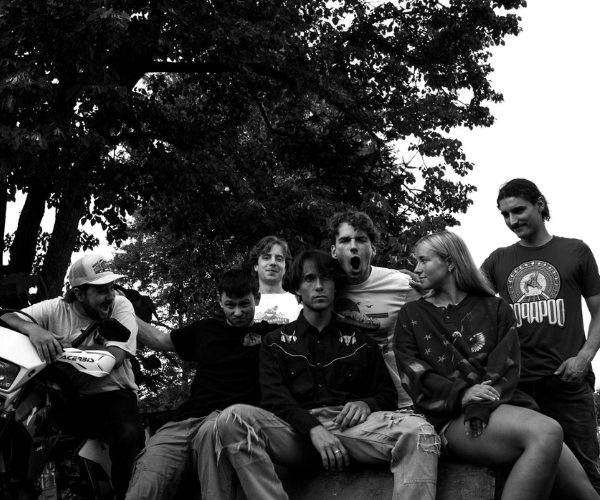Our brain cells take a beating here at Cleveland Magazine. On a regular basis, we comb nightspots and malls for the latest cultural tidbits, fuss over wedding fashions and obsess over interviews with reality-TV stars.
To find out whether we're still capable of intellectual thought, someone suggested we start a book club. For our first book, why not read an intense historical novel that chronicles how Italy saved more than 43,000 Jews during the Holocaust?
That's the quick summary of "A Thread of Grace" by Mary Doria Russell, author of the science-fiction phenom "The Sparrow" and its sequel, "Children of God." While hunkered in a downtown coffee shop, our impressions varied as much as our drinks.
So we called Russell, who lives in South Euclid, as much to share our thoughts as to ask her to answer our most burning questions about the book.
I cry pretty easily and I didn't shed a tear with this book. Are we supposed to be emotionally invested in the characters?
"It depends on the reader. ... I've had people tell me they cried through the whole last three chapters. • Every reader comes to the book with a different cargo of understandings and experiences and they'll connect with it on different levels."
We all loved how you were able to paint a picture from Pierino's one word — "hands" — about his experience seeing the Jews. Was his experience more research based or created through stories from others?
"That, you'll be interested to know, is an almost verbatim transcription of a story told to me by Carmello Furnari, who is a resident of South Euclid, who has been recognized as a righteous gentile for saving Jews in Rome. He didn't lose his hand in the Battle of Don [as Pierino did]; he was wounded and he told me about meeting the •hands' on the railway tracks."
We were a little skeptical picking up yet another book dealing with Jews and Nazis. Were you nervous going into a field that already has so much written about it?
"Well, yeah. I seem to always be gravitating to something that has been done a lot but hasn't been done my way. I felt I had a different way of telling the story and I just got pulled along by it. My interest was more to allow people born now, or born after the war, to understand how it was possible to make decisions that seem crazy in retrospect but were perfectly sensible at the time."
Would you have been able to forgive [Nazi] Schramm for killing 91,867 people?
"No. No. Do I think I would have been any better than him? No. Would I have wanted understanding and forgiveness? Yeah. Would I have deserved it? No. There's a lot of me in Schramm. • I would have to go along to get along, I wouldn't have been any better. And to be honest, I think I would have to be more like Schramm at the end of the war, too. I probably could have found a way to make myself believe that what I did was OK and that I'm a different person now."



